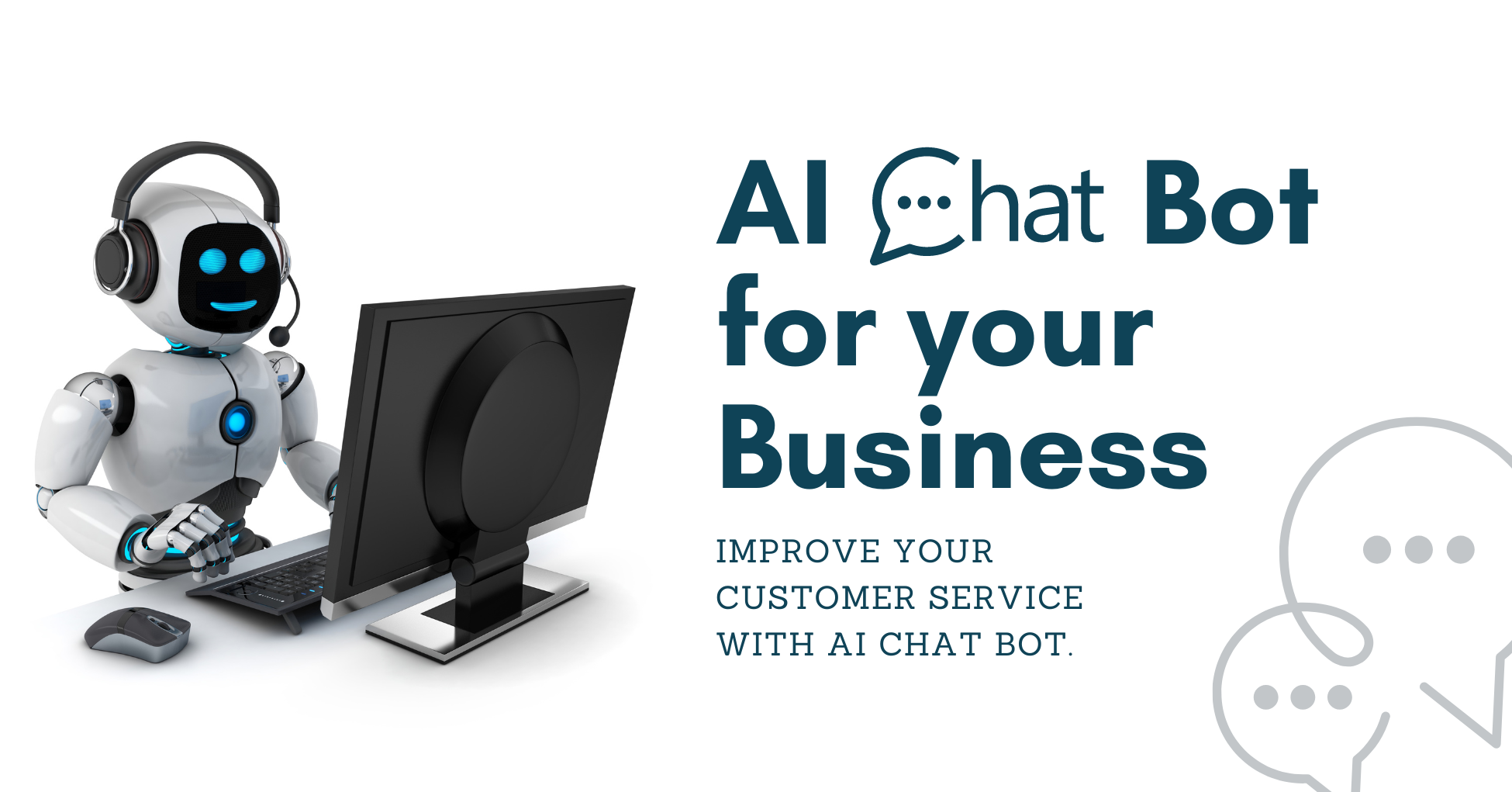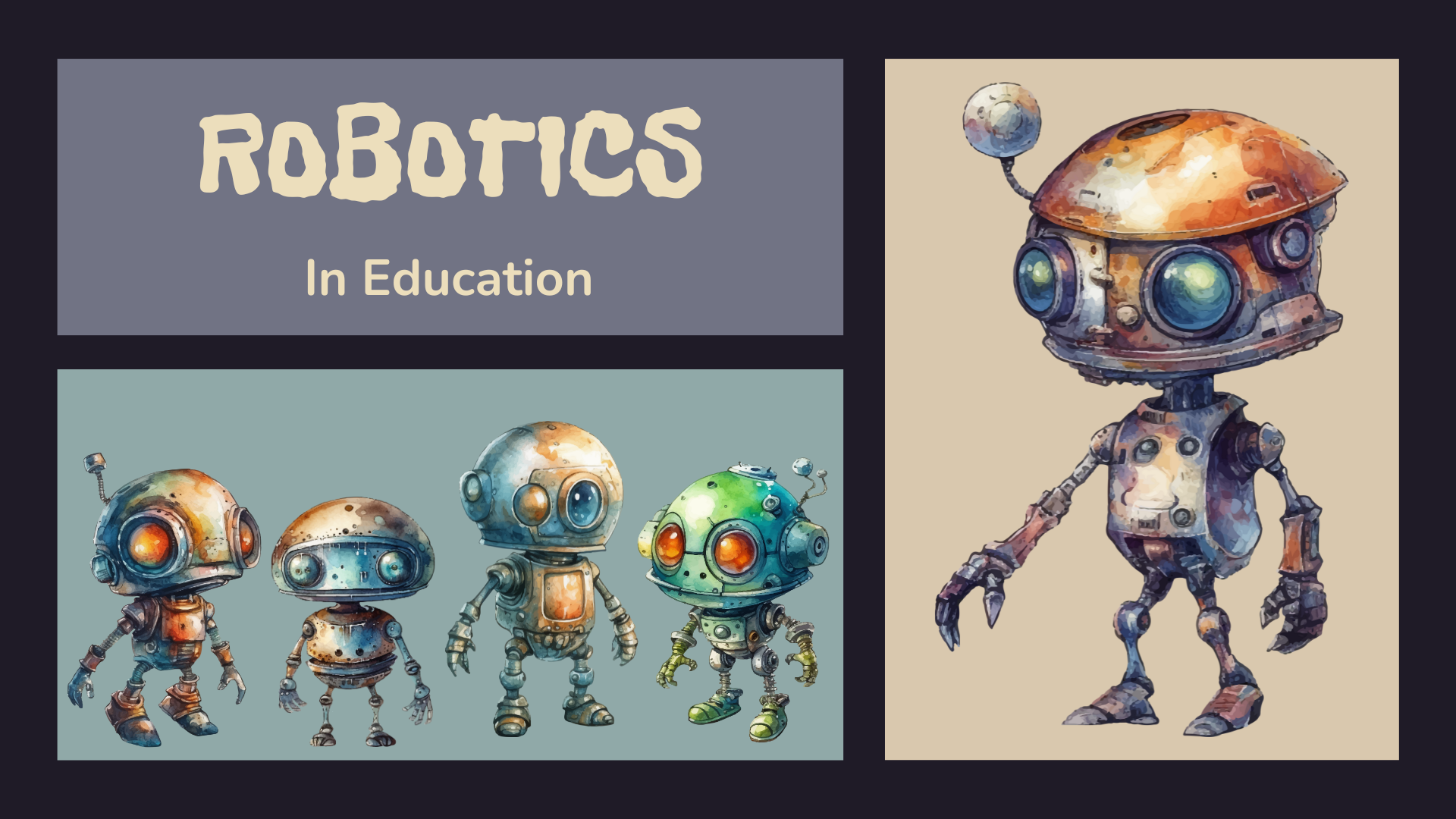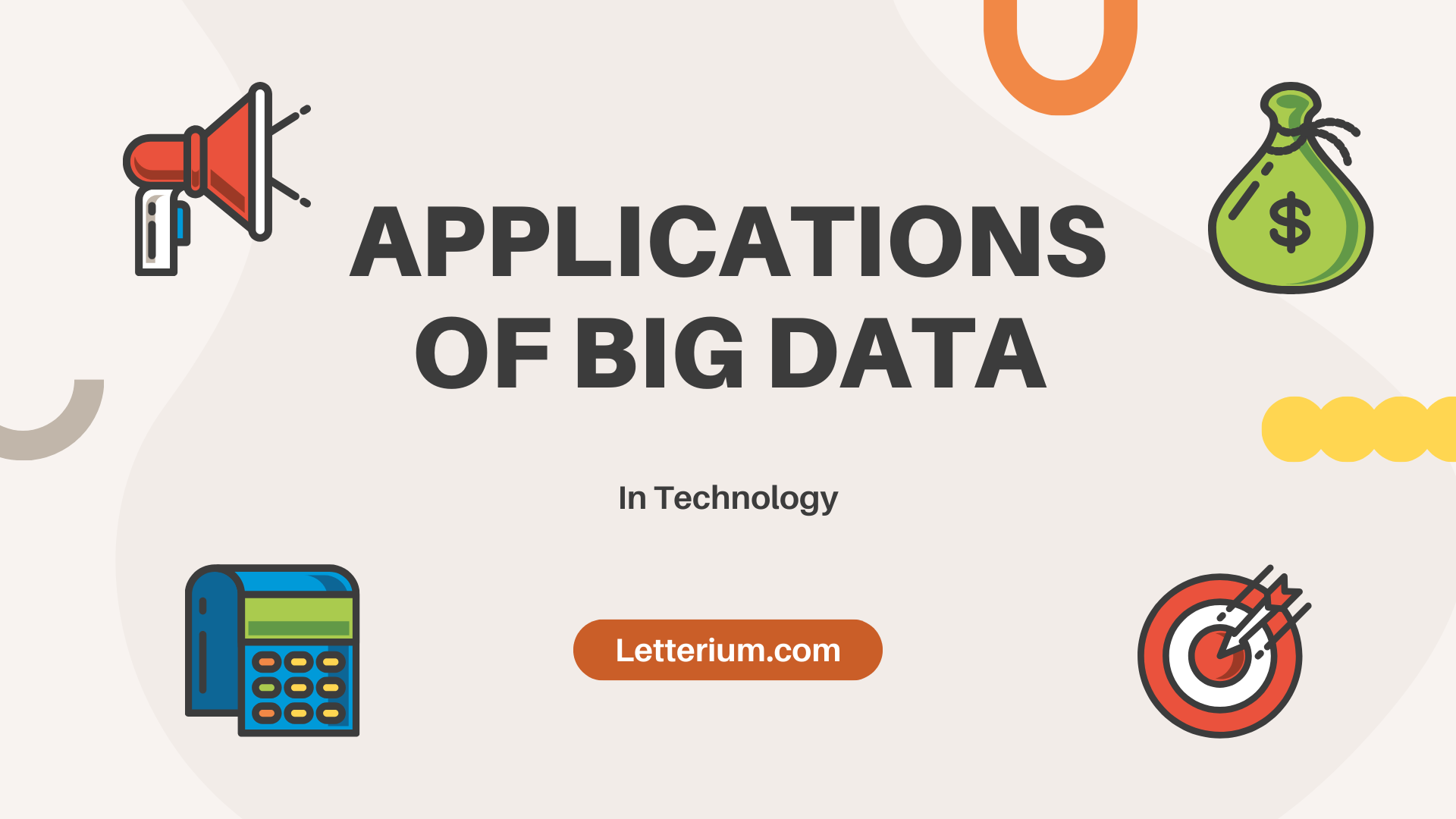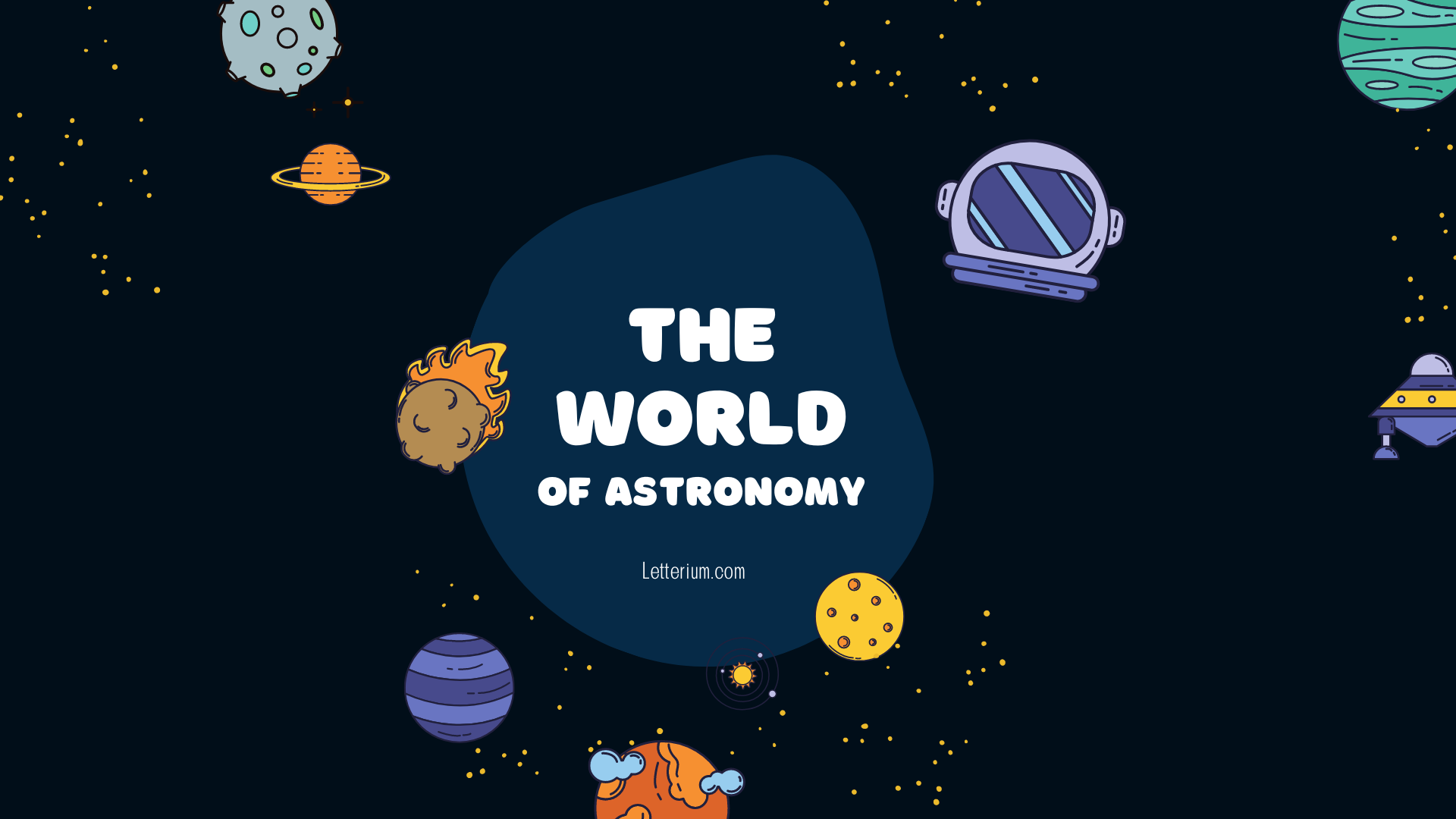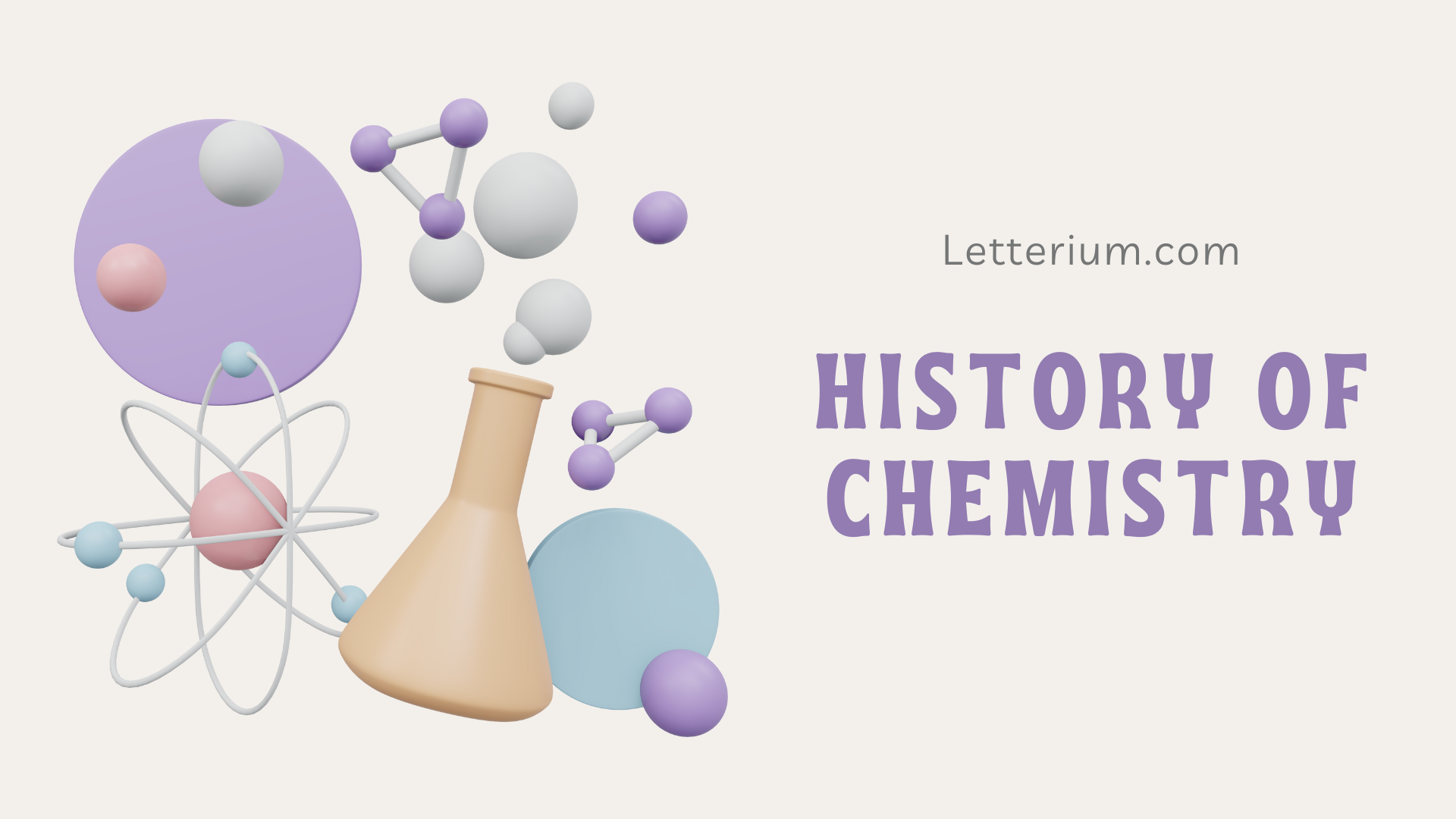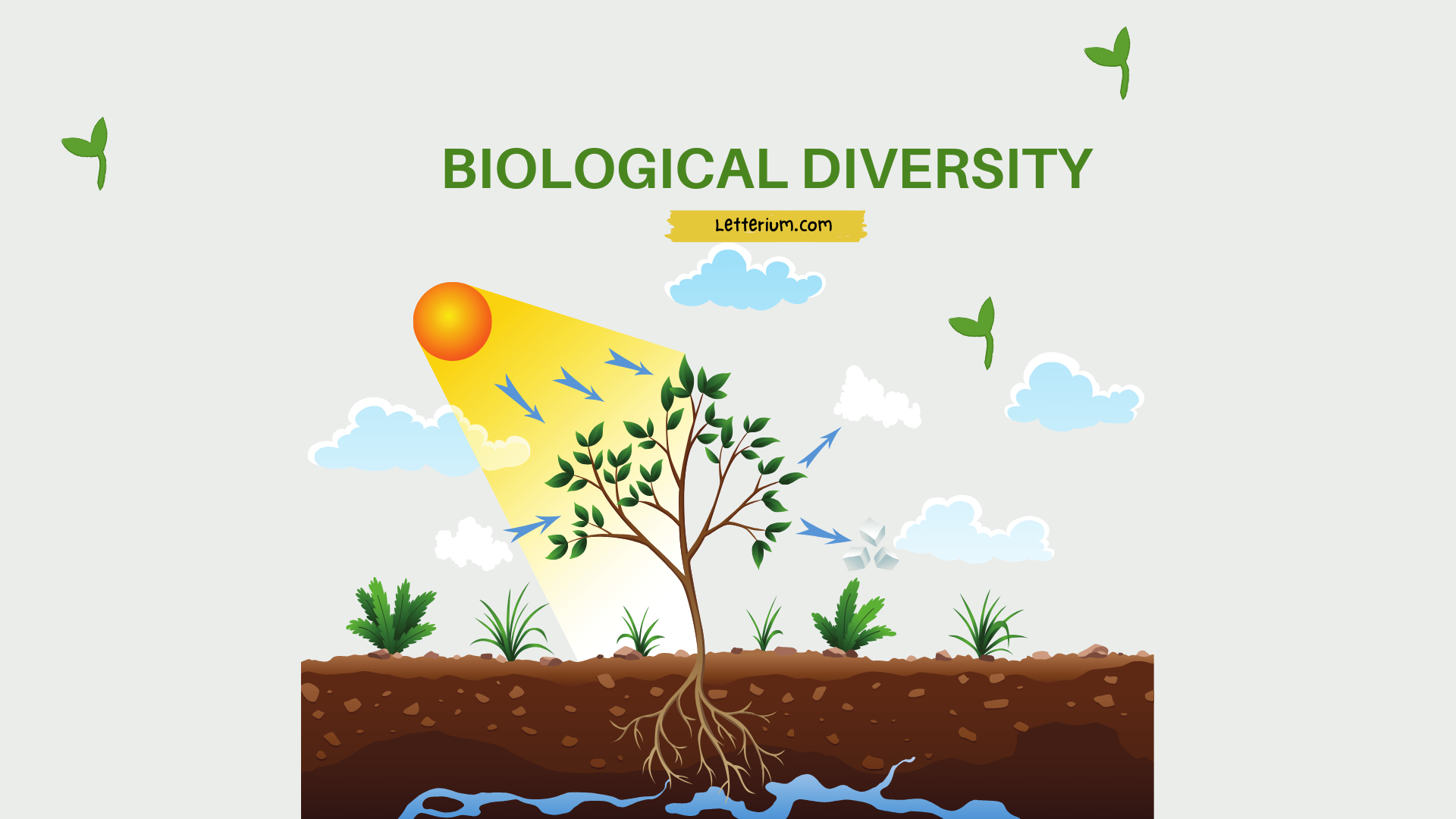ProDentim: Official Reviews ProDentim Chewable Tablets for Optimal Dental Health
In the realm of dental care, innovation is pivotal, and the introduction of ProDentim, a cutting-edge oral probiotic supplement, marks a significant advancement. ProDentim is designed to enhance oral health using a unique blend of probiotics and other vital ingredients that support the balance of beneficial bacteria in the mouth. This comprehensive article will delve into the features, benefits, usage, and scientific backing of ProDentim, providing readers with an in-depth understanding of its potential impact on oral hygiene.


 English
English 
